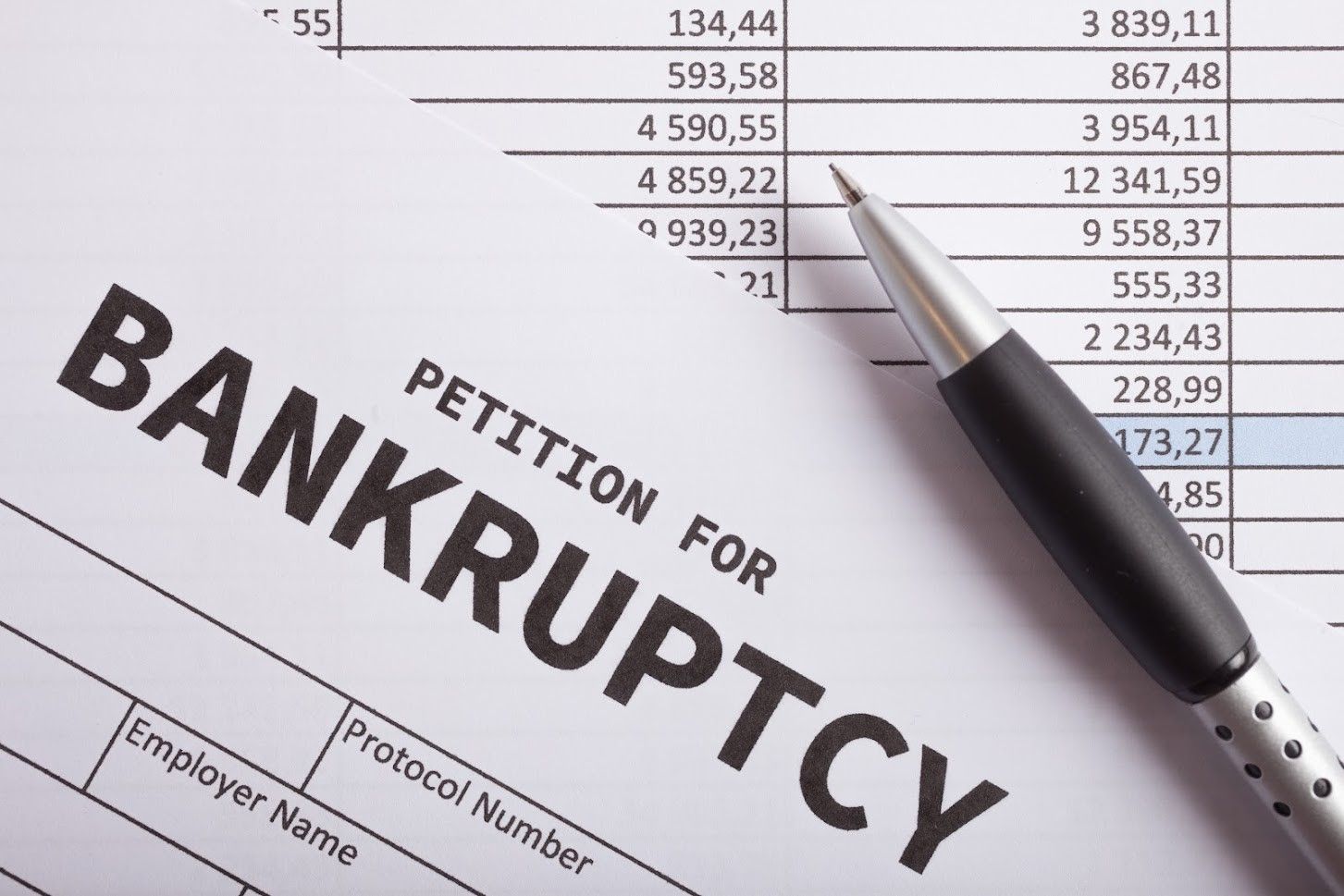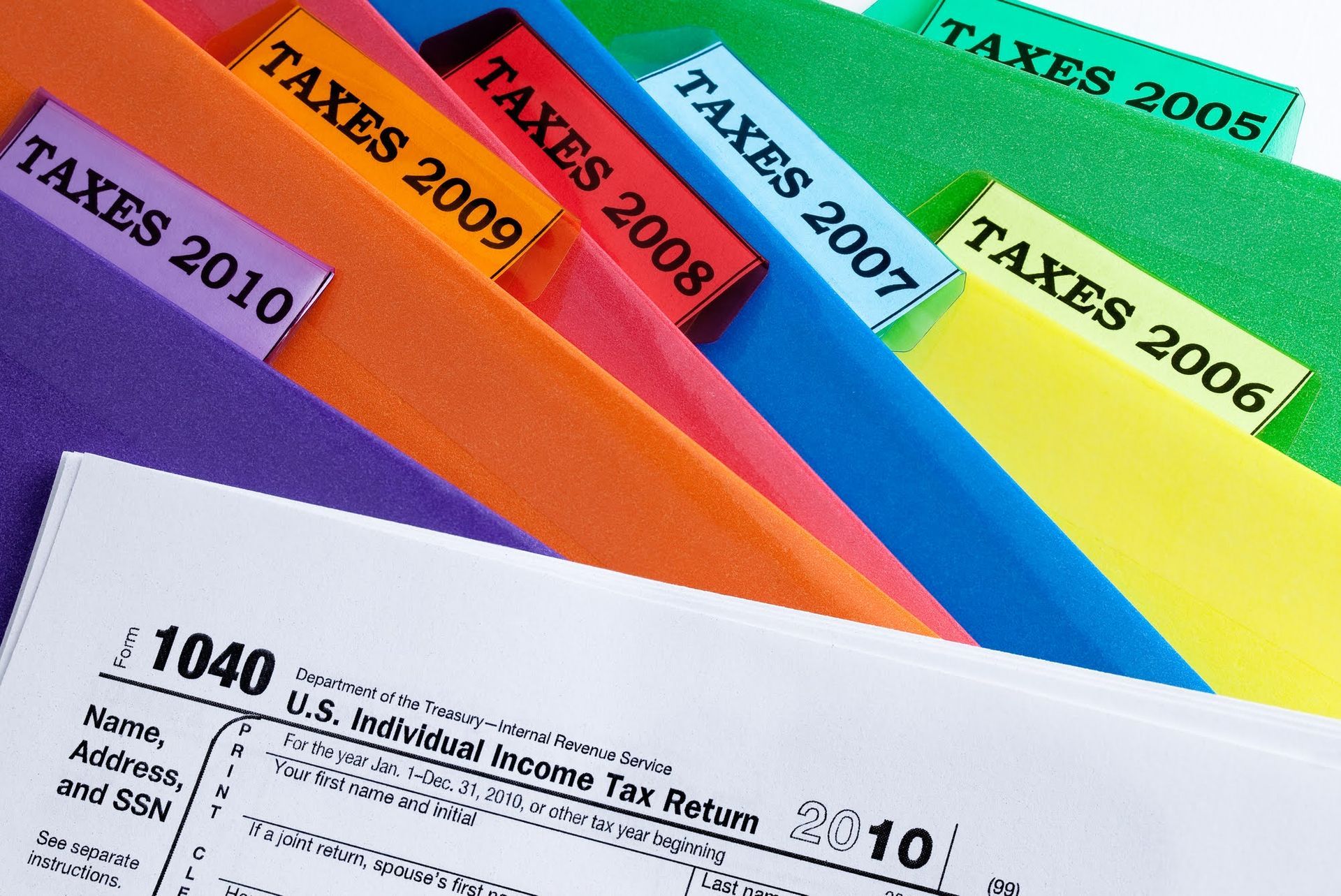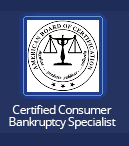Want To Discharge Old Tax Debt in Bankruptcy? You Need a Long-Term Plan

While taxes are among the hardest debts to forgive in bankruptcy, it isn't impossible. But it's not a fast process, and there's a lot that could interfere with your plans if you are not careful. Speaking with a bankruptcy attorney first is a must because you want to be sure you're on the right track and don't do anything to knock you off your path.
Here’s what you need to know about discharging tax debt in bankruptcy.
You'll Likely Benefit More From Chapter 13 Payment Plans
While there could be ways to discharge some older tax debts in Chapter 7, you're more likely to benefit from Chapter 13. You'll still have to pay some of the taxes, but your payment plan will be much more reasonable and based off your income. Once the payment plan is done, you could see some forgiveness of leftover debt, including certain tax debts.
But it can't be stated enough: you can't assume that you'll qualify. You must speak with a bankruptcy attorney at the start of your filing journey.
It Won't Be Immediate
Tax debt that is older than three years old, is not related to fraud or penalties for fraud, and that is generally income-tax-related could be dischargeable under a Chapter 13 plan. That age is a crucial factor—if your tax debt is more recent than three years, it doesn't qualify.
If you file for Chapter 13 bankruptcy, you won't see forgiveness of anything until after your agreed payment plan is done. So if you do end up having to make payments on the taxes, it could be a few years before you see any debt disappear due to forgiveness.
Depending on the debt and the state you live in, you could have different requirements for when your taxes have to be filed. Some states allow for late tax filings within reason, but others want you to be on time. This means that if you were late filing taxes in the last few years, you could have to wait even longer to file because you need to have another few years of on-time filings.
Rather than run right into that tangled ball of regulations, you can speak with a bankruptcy attorney now and start looking at how much of your case is already in place. Speaking with an attorney takes the guesswork out of whether or not you qualify now or will have to wait to file.
Extensions Affect Tax Debt Age
Another addition to the delay is the fact that the tax debt age is when you actually filed, and not just the tax year in question. If you file your taxes in April, you start counting from April. If you file your taxes in October after an extension, you start counting from October. This can trip people up when they think they've reached that three-year threshold and find out that they still have six months to go.
The IRS says you have to file four years' worth of tax returns, but that includes the current return, which is a zero-year-old tax filing. Just remember that the debt has to be over three years old.
Don't wait three years to call for an appointment lest you find out that you missed a key issue and have to start over. You deserve to have accurate information, and a bankruptcy attorney is the right person to speak to.
If you want to know if your old tax debts are dischargeable in bankruptcy, you need to speak with a bankruptcy attorney like Charles J Schneider PC. Get a good idea of where you stand now and what you need to do to qualify.























